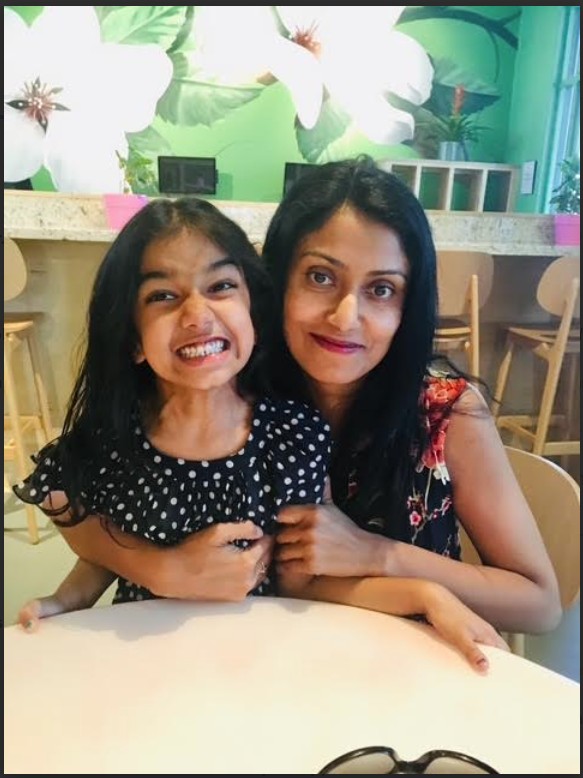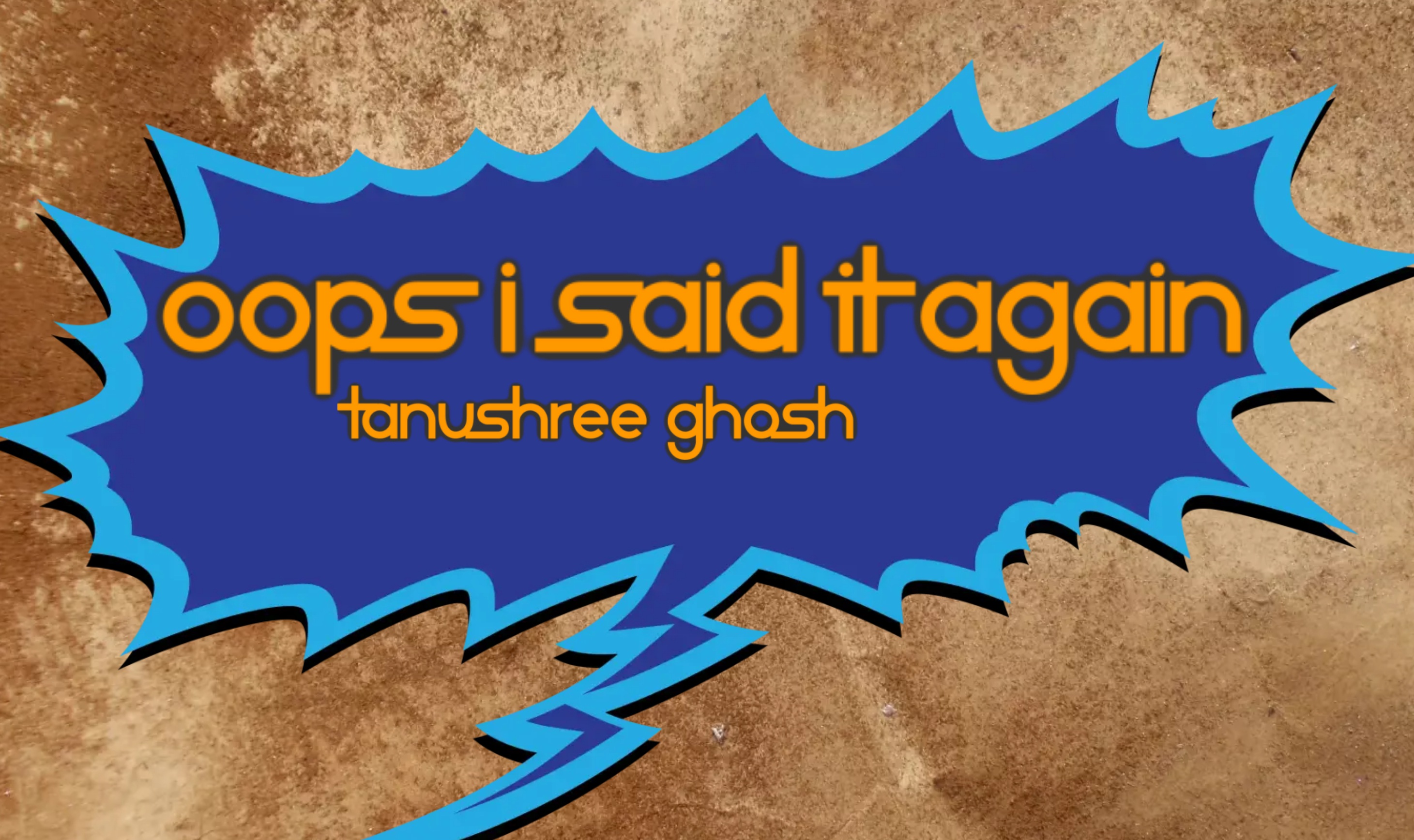Well, pun is intended in the title above. But leaving that aside for now, I would like to jump right in with the assertion that not only it’s not too late for reflections on the Netflix series Adolescence, but it’s also imperative to do so. I have read through quite a few reviews and analyses of the series and the opportunity, in my humble opinion, is being missed.
The series showcases strong performances, and the long continuous shots are done well. This has been discussed quite some and is praiseworthy, but not the point that provides the biggest opportunity.
I also respectfully disagree with the criticisms that bring up the missing narrative of the murdered girl. That doesn’t propagate gender bias, ignoring of the victim, or indicate general preference towards Caucasian male narratives. No work can tell every story. It’s the creator’s prerogative to choose which lens to use, and whom to have as protagonist(s). Yes, sometimes there’s need for balance for the sake of responsible storytelling, but Adolescence absolutely does that through the female police officer’s frustration, the best friend’s anger, the psychiatrist (Briony), and most subtly yet powerfully, through Jamie’s father (Eddie Miller) showing up with a flower bouquet for Katie, the murdered teenage girl. Yes, Katie and her family’s story could have been powerful too, but maybe that’s a different series. Maybe that series already exists.
My biggest takeaway from Adolescence is what believe it attempts to show. The perplexities of raising a child, the helplessness of parents, and above all, the unpredictability of what one’s child might be up to. Through the last episode (which has faced a lot of criticism for being one sided), the show busts the myths and the speculations – that possibly bad parenting and/or an angry abusive father caused Jamie to react the way he did to bullying. The unhappiness of the father from doing a job Jamie speculates he dislikes must have been evident in the home and must have caused Jamie to be Jamie. What we see in the last episode is quite the opposite. Anger is a valid human emotion, and Eddie handles it quite well than many of us would be able to despite the disastrous situation the family is in. Grief and fear are also handled humanely, and with hope. Multiple times they are beat down, yet they come together and rise – trying to be happy. Remembering happy times. It shows the bond between the parents to be strong and loving, and the daughter (Lisa) to be secured in the same. It shows Eddie loves his Van and implies is proud of his mode of transportation advertising his plumbing business. It shows the family as one with the capacity to reflect and be as selfless as possible amidst deep sorrow.
The show does bring up troublesome external influences like Adam Tate and alpha male propaganda superimposed on traditional heteronormative gender expectations which Eddie had had to learn to give up (Jamie’s performance and interest in sports). However, we feel baffled to understand why that would cause a 13-y old to murder a classmate. The explanation is provided in episode two when Jamie goes almost multiple personality during his sessions with Briony. He has always had a terrible temper – his mother acknowledges in episode three. They are guilty of not taking the same seriously – but most parents are. The simple answer is Jamie was quite sick, lacking anger management and impulse control to an extent that it required professional help. But that went undetected and led to a terrible consequence when adolescent life started happening – thanks to unfortunate access to weapon and no one being around to stop him.
I don’t by any means mean to minimize the bullying here. However, the show - I believe deliberately - shows DI Bascombe’s son Adam (and later, Jamie’s elder sister Lisa) facing bullying – arguably more direct, continuous, in-person and physical (at least for the former). Yet, they are successful in managing their reactions to it. Adam, it seems has a broken home too, with a father who by his own admission is often missing. Adam is exposed to the same alpha male propaganda that’s out there for all to be influenced by. I think the point being made is that it’s not a 1:1 correlation. And that is what I think is the biggest opportunity.
Parenting can never be made fail proof. Humans are complex beings, and that complexity often starts early on. Parents of school shooters and rapists wonder what they might have missed. Anytime a child fails we believe it must have been a broken home or an abusive parent. Or it must have been extreme bullying. And yes, often these are the causes and there are signs. But the show alerts us to the fact that when the causes are missing, or aren’t prominent enough as signals, a child can still be or become someone like Jamie. Why? That’s a different article. But for now, so that we don’t miss the real opportunity - the what as in ‘what to do’ as members of the society is more important.
First, all humans are deeply flawed, and anger is not an enemy. Suppression of the same doesn’t help, neither does shaming. We have now started in our new age wisdom acknowledging this, but do we live this? Do we allow ourselves and our children expression of anger? Do we observe and aggression instead of shaming it? If we don’t, we will never know the extent of the problem, nor will be seek help to get tools to manage. To be done in a way that doesn’t cause damage to others – it’s sorry that I have to state this explicitly, but such is the state. Same goes for other emotions, but it’s anger that we are most unforgiving towards. Anger and sexual desires.
Second, parenting isn’t failproof (as I have already said), and it’s also damn hard. It’s hard to know what to pay attention to and what to ignore. It’s hard to read the signs enough and when to not. Paranoia and overreaction vs. regret? What to choose? The cliché’s – like love and attention are all that a child needs, along with a loving home – are outdated (or rather, incomplete and generalized). It’s therefore important to read the other side of the coin. Just like not all bullied kids will be murders, not all kids will be fine with life experiences we swam through like pros*. It’s better to pay attention.
As I write this, I am unsure of which of my daughter’s tantrums to take seriously. But I will continue to observe and err on the side of caution – overcorrecting if needed with intervention than ignoring. Note: yes, there’s a fine line and a counter argument on projecting and fixing things that aren’t broken. But in most cases, we know how to draw that line even if we draw that smudgy and that ends up being fine. I will follow up with some real-life case examples in a separate article on this.
Third and last, humans – adolescents and adults – are contradictions. A lot has been said about Jamie, the timid boy who’s a murderer. But we also have Katie – the nicest person her best friend has ever met, the only one who made the later feel accepted – bullying and mocking Jamie. That means, as parents, we need to get away from ‘my child would never do that’ and ‘how can the person – who was the life of the party - be depressed? This where my pun therefore comes in. It’s not too late and it is needed, for our adult selves too to reflect on our adolescence.


Dr. Tanushree Ghosh (Ph. D. Cornell University, Chemistry) is Director at Intel Corp., a social activist, and an author. Her blog posts, op-eds, poems, and stories are her efforts to provoke thoughts, especially towards issues concerning social justice. She is a contributor (past and present) to several popular e-zines incl. The Huffington Post US (where her first post on returning to India as the mother of a daughter went viral and was picked up by Yahoo News and where she subsequently authored many successful op-eds on gender, Syria war, mental health, the western media’s coverage of the Brazil Olympic and so on), The Logical Indian, Youth Ki Awaaz, Tribune India, Women’s Web, Thrive Global, and Cafe Dissensus (where she hosted her own segment on social satire titled Black Light).


Comments